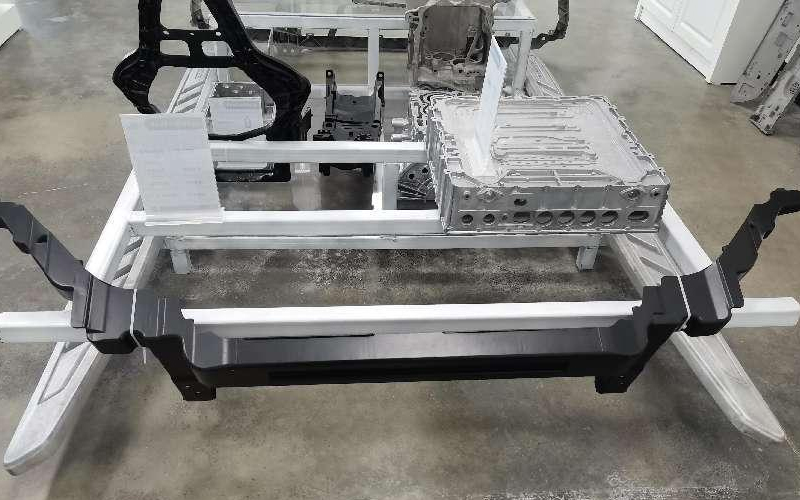Machined casting is a highly efficient and versatile manufacturing process that involves the production of complex components through the combination of casting and machining techniques. This comprehensive guide aims to provide a detailed understanding of the process, its advantages, and its applications.
1. Introduction to Machined Casting:
Machined casting is a process that involves the production of components by pouring molten metal into a pre-designed mold, which is then machined to achieve the desired shape and specifications. This process combines the benefits of casting, such as flexibility in design and cost-effectiveness, with the accuracy and precision of machining.
2. The Process of Machined Casting:
The process of machined casting can be divided into several steps. First, a detailed design of the component is created, taking into account factors such as material properties, shape, and dimensions. Then, a mold is prepared using the design specifications.
Next, the molten metal is poured into the mold and left to cool and solidify. Once the casting has solidified, it is removed from the mold and subjected to machining operations to achieve the final shape and specifications. Machining processes include cutting, drilling, milling, and grinding, among others.
3. Advantages of Machined Casting:
Machined casting offers several advantages over other manufacturing processes. Firstly, it allows for the production of complex components with intricate designs that cannot be easily achieved through traditional machining methods. This process also enables the use of a wide range of materials, including metals, alloys, and even certain plastics.
Moreover, machined casting is a cost-effective method as it eliminates the need for extensive machining operations. The casting process also reduces material waste as it can be used to produce multiple components simultaneously. Additionally, machined castings have excellent dimensional accuracy and surface finish.
4. Applications of Machined Casting:
Machined castings find applications in various industries, including automotive, aerospace, defense, and energy. In the automotive sector, machined castings are used in engine blocks, transmission components, and suspension systems. In aerospace and defense, they are utilized in aircraft engines, turbine blades, and structural components.
The energy industry also benefits from machined castings, particularly in the production of wind turbine components, gas turbine frames, and nuclear reactor parts. Other applications include the manufacturing of pumps, valves, and machine tool components.
5. Considerations for Machined Casting:
When undertaking machined casting, there are certain considerations that need to be taken into account. The choice of material is crucial and should be based on factors such as mechanical properties, thermal conductivity, and corrosion resistance.
Additionally, the design of the mold should allow for the easy removal of the casting and provide sufficient space for machining operations. The presence of undercuts, thin walls, and complex shapes may require the use of additional features such as sliders and cores.
6. Quality Control in Machined Casting:
To ensure the quality of machined castings, rigorous quality control measures must be implemented. This includes the use of non-destructive testing techniques such as X-ray inspection, ultrasonic testing, and magnetic particle inspection.
Dimensional inspections should also be conducted to verify the accuracy and precision of the final components. Any deviations or defects should be identified and addressed promptly to avoid compromising the functionality and performance of the machined castings.
Machined casting is a highly efficient and versatile manufacturing process that combines the benefits of casting and machining. It offers advantages such as cost-effectiveness, design flexibility, and the ability to produce complex components. With its widespread applications in various industries, machined casting continues to play a significant role in modern manufacturing.

 0086-750-5616188
0086-750-5616188 +86 13392089688
+86 13392089688 sales@zhongmei-tech.com
sales@zhongmei-tech.com














